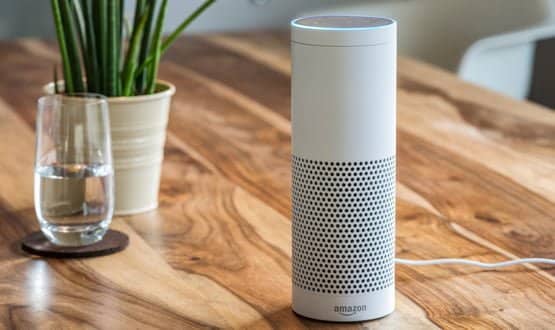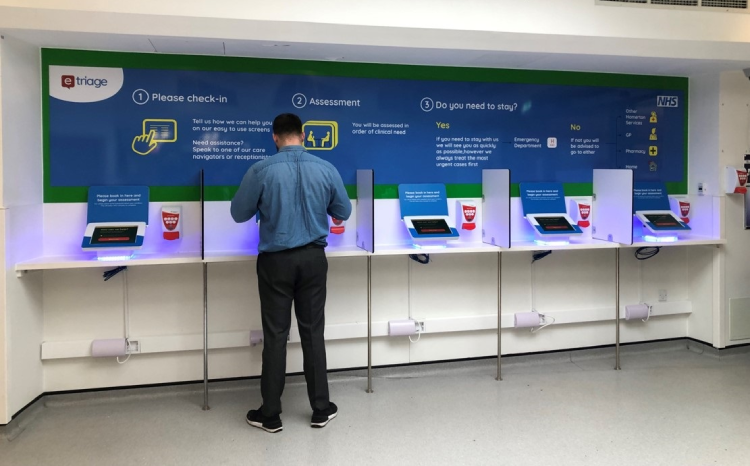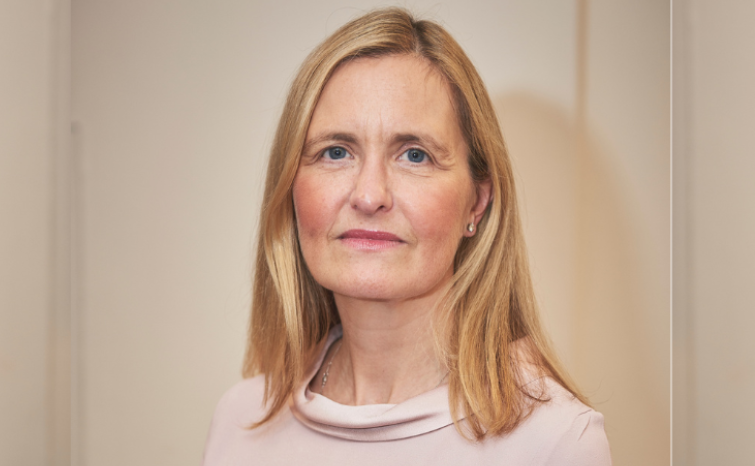NHSX CDO tries to quell alarm bells over Alexa partnership

The chief digital officer of NHSX has confirmed that no patient data will be shared with Amazon under an initiative to make verified healthcare data accessible via the Alexa voice assistant.
Writing on the Department of Health and Social Care’s (DHSC) technology blog, Tara Donnelly sought to address concerns around the partnership, particularly those raised about how data will be collected and stored by Amazon.
Donnelly said the NHS took data privacy “extremely seriously” while reiterating that the DHSC had not signed a financial contract with the internet company.
“The NHS is not paying for this service, this is a collaborative initiative that draws on information that is already freely available. What we’ve done is increase the ways you can access that information, adding voice alongside the keyboard,” Donnelly said.
“All our data-driven technology initiatives are underpinned by a Code of Conduct. We also categorically confirm that no patient data is being provided to Alexa or Amazon.”
The collaboration with Amazon, which was announced last week by DHSC, allows owners of Amazon’s Alexa device to ask for health advice relating to common ailments.
Alexa uses data gathered from the NHS website to offer responses.
Some privacy advocates questioned the collaboration and suggested it put patient information at risk, while other argued that more research was needed to ensure Alexa provided safe advice.
Donnelly pointed out that the initiative “draws on information that is already freely available,” adding that NHS data was already being offered via various interfaces using freely-available APIs.
“We already make this validated health content available to a range of different places including accuRx, a patient messaging tool, econsult, a system used by a number of GP practices to advise patients and NHS Go, designed to better inform young people about their health.
“We also know that people are looking for information in a variety of different places and different ways. Around 20% of all searches are now via voice, and this is predicted to increase in the future.
“Voice search is popular with many age groups with the biggest group purchasing dedicated voice technologies in the UK being aged 35-54. Having children seems to be a major factor.”
The CDO pointed out that making NHS health information available via a voice interface would benefit those living with disabilities.
Donnelly also stressed that “asking Alexa was never intended to replace attendance at GP practices or A&E departments.”
“But we also know that many of those visits aren’t necessary, and that giving people the best information (i.e. our own!) can help them make a better decision on whether they should be going to a GP or A&E,” she continued.
“Many searches on the NHS website are for common minor ailments, and for information on symptom control for those living with long-term conditions. Often – with the right information – people are better able to self-care or ask a pharmacist’s advice.
“This is about a modern NHS meeting the needs of people today and taking advantage of new technologies where we can.”





1 Comments
I think that somewhat misses the point – the concern isn’t, in my view, about any of NHS Digital’s (or NHS X’s) Patient Identifiable Information being drawn into the Alexa platform.
It’s about Alexa being an insecure platform to hold details of what an Amazon account holder (so an identified natural individual) has searched for on the NHS Website. Those searches form an amount of Personally Identified Information that “could” indicate an individual with a sensitive complaint or condition…
We have rules and regulations in place for systems and services that record such information, from GDPR through to NHS Digital toolkits, and the question is whether Amazon’s Alexa platform complies with those, not a criticism of NHS Digital/X that Tara Donnelly seems to have defended…
Comments are closed.